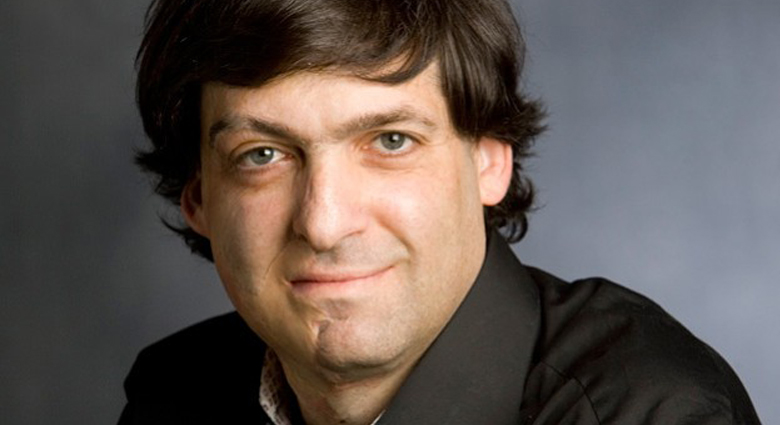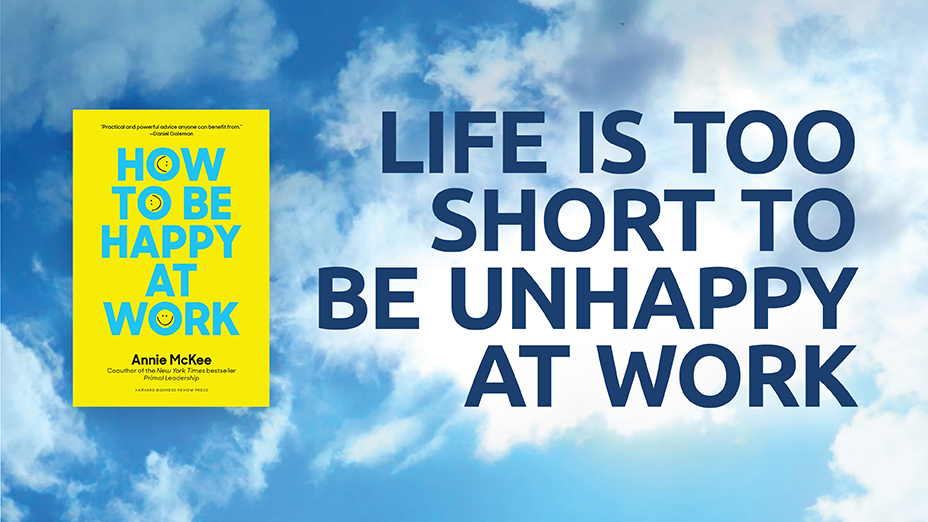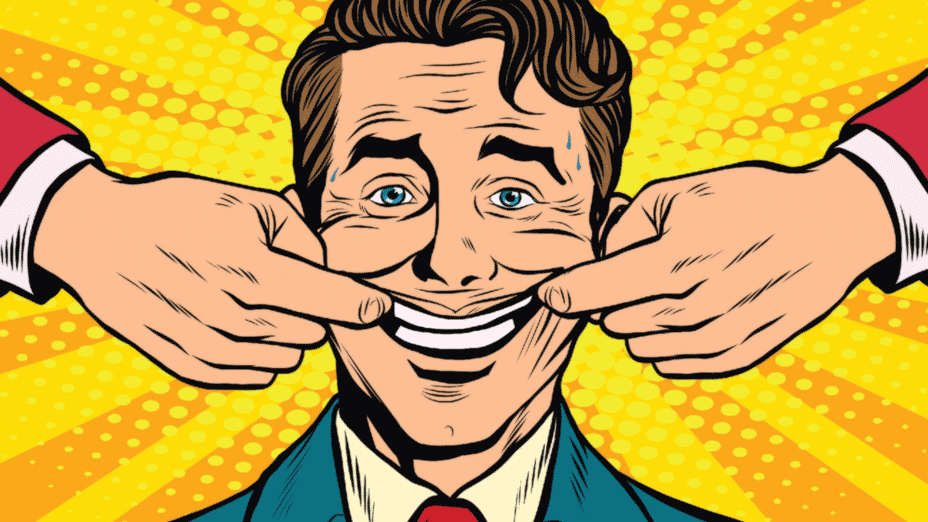You talk a lot in the book about the need to design better products and systems that take into account human limitations. Are you generally positive about the role of technology and branded products in making us behave more rationally?
Am I generally optimistic? Not really about brands. The commercial world is creating many incentives for companies to get us to behave badly. It’s very hard to think about the company who would want us to save for retirement or to consume in 30 years.
"There are many products that I am waiting for people to design."
Companies inherently want us to spend money now. I think what technology is actually quite good at is creating the infrastructure for a large number of people to try and fight these incentives. So from that perspective, I’m optimistic.
What products have you seen lately that you’ve been impressed by and what are you still waiting for someone to design?
There are many products that I am waiting for people to design. I am a big fan of the phone because it can connect our good intentions to the way we actually work in the world. We can all sit at home and have lots of good intentions. The question is, do we execute them? And the answer we have to admit most often is no.
The phone is a very interesting thing in that it’s with you both when you make the plans and when you execute them. If we can get our phones to be more aware of what we are doing, of our initial plans, and of the mishmash between them, I think there could be some wonderful opportunities.
What about what you call the “IKEA effect,” the idea that people find deeper enjoyment and value in things that they had a hand in creating? By doing so much of the legwork for us, has technology made us less happy? (If not less smart, as Nicholas Carr contends).
I think that’s an interesting question concerning the optimal role of our involvement with technology. If you’ve created something or have been a part of it, you will be more likely to listen to it.
It’s a continuum between convenience on the one hand and motivation to participate on the other. I think the issue with technology is determining the golden point of connection.
For example, it’s four o’clock and I have a problem with eating cookies. Now I’m at Starbucks and the phone reminds me of my pledge. Perhaps it shows me a photo of how I might look in 30 years if I keep on eating like this.
My personal problem involves time management. I think, again, it’s one of those things where we all like to be productive and efficient and then we get to the office and look at our e-mail and Facebook accounts. There is a great opportunity for fixing things in that direction as well.
Do you think the Internet has made the “Not-Invented-Here Bias” (our tendency to be more attached to our own ideas and creations) less powerful? After all, aren’t we in the age of curation, open-source collaboration and Wikipedia?
I think it’s a question of, “What do we need to do to feel that something is ours?” We were able to show in the book that people could simply unscramble a sentence and feel like they had written it themselves. Just the fact that you had to unscramble the words and reconnect them suddenly made you much more proud.
So the barrier to feel that something is ours is actually quite low. If you talk about Wikipedia, I think that the people who curate it actually think it is theirs; they don’t think they are curating it, but that they’re creating it.
Another interesting concept for marketers in the book is the “Hedonic Treadmill” – the idea that people inevitably adapt to and fall out of love with things once they’re no longer new and shiny. Now, it’s easy to see how this is good for marketers and brands, but not so much for debt-ridden consumers. So here’s my question: Do you ever fear that your research and tips are going to be used for evil instead of good?
Very much. If you understand something about how people work, you can use it for good and for bad. I think there is a risk of people really doing the wrong thing and making lots of money from it. If you look at the world as a zero-sum game, it’s a very depressing thing because it means that everything you make, other people lose.
But I think there are many opportunities to provide real value where everybody benefits. Let’s say you started a company that helped people to lose weight or to waste five percent less of their time at work. Now we can create real value.
The sad thing about behavioural economics is that you understand how inferior and fallible people are compared to what you want them to be. The good news is that it means that there are places for real improvement.
You spend a lot of time touring the world speaking to business executives about how their bonuses might actually be making them less productive, or telling doctors that the methods they’ve been using for hundreds of years are wrong. What’s it like being the bearer of bad news?
What I usually try is not to be the bearer of bad news, but the bearer of data. It’s not me telling you how things are but saying, “Look, this is what people believe in general. Here is the data.”
What do we want to do given this data? How do we want to update or change our understanding? I think that by trying to remain objective and not idealistic, and by saying that it’s basically all about data, it becomes a little simpler.
As someone who spends a lot of time touring the world, what frustrates you most about air travel? How can brands make the experience more rational?
For me the biggest thing is uncertainty. I never know if the flight will take off, and when – or if – I will get to my destination.
If I know what to expect I can plan for it. Airlines are taking bigger precautions by making flight times longer so they arrive on time. This is a good trick because it helps us schedule more effectively.
And then, of course, there is the rudeness. If you’re in a situation where things are not going well, it would be very nice to deal with someone who is empathetic. But the whole experience of flying is a continuing struggle.
"What do we need to do to feel that something is ours?"
How have you applied your research to your personal and professional life? In the same way that a fitness trainer might be expected to have six-pack abs, do people expect you to be Mr. Rationality?
Not so much. Partly because I admit my irrationalities in the book. And it’s clear that they give me lots of sources for ideas. But people do approach me for help with difficult decisions they have in their lives. They expect me to have a different perspective.
I can’t turn off the behavioural economist in me. I have never tried to turn it off; I try to share it with people. We could be standing in line for something and asking questions about what is really going on and why we do certain things. I am continually fascinated by people.
Actually that’s one of the main benefits of social science – we can ask questions about our own lives and realize how little we know about the subject.





.png)


%20(1).png)
What Did You Think?